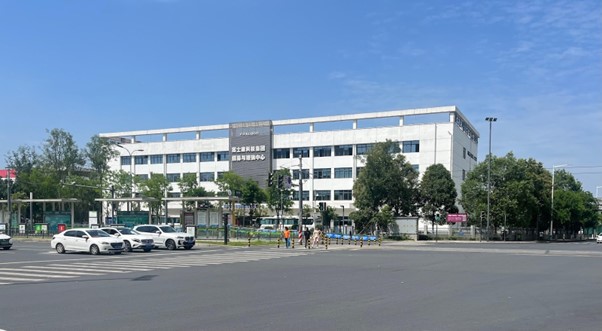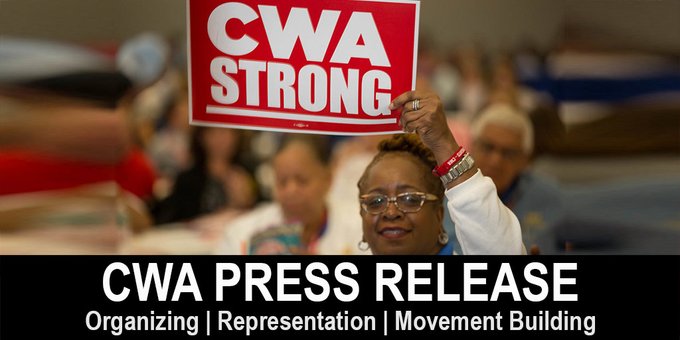The EU regulation on mineral sourcing that comes into force today is a good but small first step. Additionally, due to its limited scope and delay in implementation, it will not be effective enough, says the GoodElectronics Network. The extraction and trade of minerals, including those that end up in our electronics, has been widely linked to serious human rights violations and environmental pollution.
‘The regulation only focuses on companies that import tin, tantalum, tungsten and gold in raw form, leaving out the imports of products containing those same minerals. Therefore most of the importers, including those of electronic products, are not covered by the regulation. It’s an insufficient attempt to tackle the trade in conflict minerals, which will only hold companies importing the raw materials to self-checks,’ says Alejandro Gonzalez, coordinator of the GoodElectronics Network. ‘Communities in conflict-affected and high-risk areas will only be able to benefit from their resource wealth and be freed from the cycle of violence related to the trade in conflict minerals if companies along the entire supply chain follow responsible sourcing practices.’
The regulation
The EU is a major destination for minerals, with companies bringing them into Europe in both their raw form and as part of everyday products ranging from laptops and mobile phones to engines and jewellery. Sourcing of these minerals is often accompanied by human right abuses, and also finances conflict in many of the producing countries.
The EU wants to tackle these problems with the new regulation on mineral sourcing. Importers of certain minerals have to implement due diligence in their supply chains and publicly report on what they are doing. It moves in the right direction, but the regulation ultimately risks falling well short of its intended objective.
Only a few raw minerals are included
The regulation only apply to a few minerals: gold, tantalum, tin and tungsten (3TG). Other high-risk conflict minerals, such as cobalt, copper and lithium, are beyond its scope. However, these are minerals that are widely used in the electronics industry. To make things worse, the import of 3TG in their raw forms is only covered if it exceeds certain high thresholds. Finally, the regulation excludes companies that import products containing these same minerals, such as smart phones, computers and other electronic components.
Far too much time for implementation
Although companies already have all the tools to start the required supply chain due diligence checks, the EU has given companies until 2021 to start. Communities and workers will continue to bear the cost of irresponsible trading for four more years. Given the urgency of the problems, this is far too long.
Alejandro Gonzalez: ‘This regulation can only be a first step. It must be implemented swiftly and immediately by importers and extended in the future to include companies that import these minerals as part of manufactured goods.’









